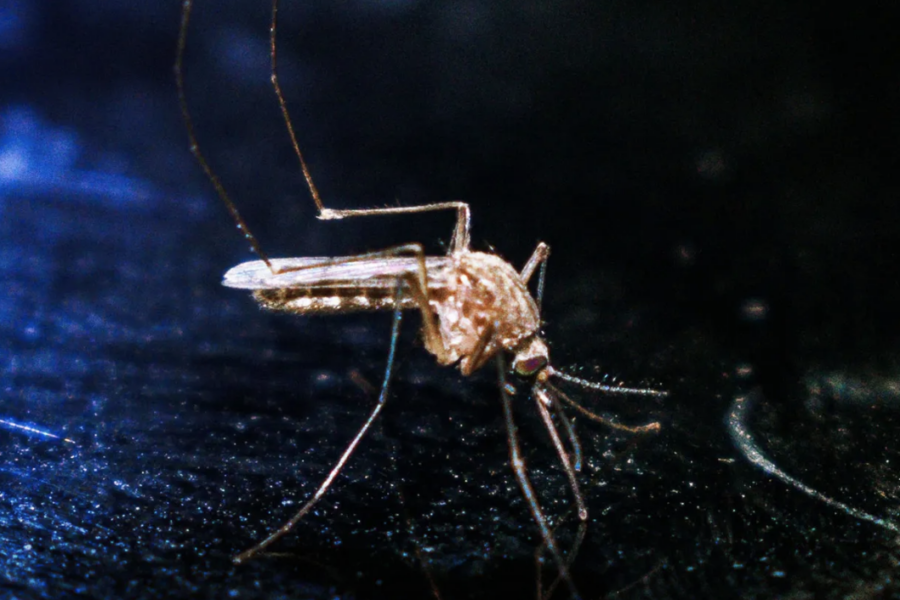AT LEAST FOUR people in Florida and one in Texas have been diagnosed with malaria that they must have caught near where they live—because, according to health officials, none of them traveled outside the US or their own states. The very unusual discovery has left infectious disease specialists wondering: Who else might be ill, and will local doctors recognize what’s wrong?
Malaria isn’t completely unprecedented in the US: About 2,000 residents contract it every year, but almost always because they traveled to a place where it’s endemic, were bitten by an infected mosquito there, and fell ill once they came home. Locally acquired malaria is extremely rare. It arises from a chain of transmission that probably starts with a US mosquito biting a tourist, migrant, or refugee who has been in an endemic country and is carrying the infection in their blood. Then the insect passes it along by biting someone else. That hasn’t occurred in the US since 2003.
There are roughly 247 million cases of malaria in the world each year, according to the World Health Organization, and in every one a mosquito is only the vector. Humans are the disease’s natural host; mosquitos transport it between people. (Unlike with Covid and some other diseases, animals don’t play a role.) So when experts learn someone has been diagnosed, and can be confident that person hasn’t traveled, their first impulse is to ask, who else was infected but has not been found?
“If there are five cases right now, that means there’s got to be a lot more mosquitoes out there that are infected,” says Ross Boyce, a physician and assistant professor at the University of North Carolina at Chapel Hill School of Medicine, who runs a malaria research program in Uganda. “And there may even be more people that are infected than we know about at this point.”
